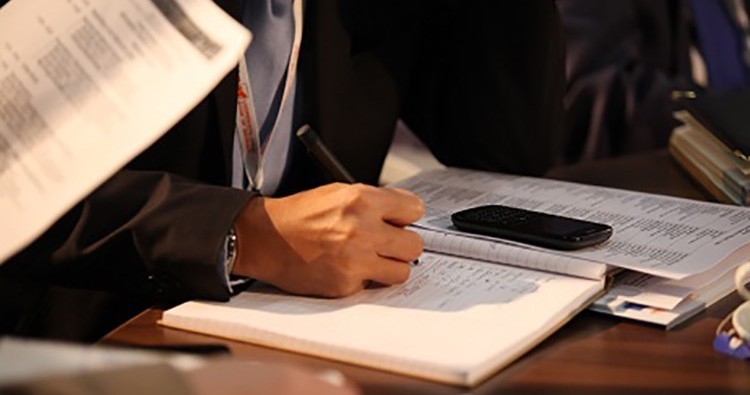Amendments to Law of Georgia on Competition comes into force today

The parliament of Georgia approved amendments to the Law of Georgia on Competition on September 17. Photo: Nino Alavidze/Agenda.ge.
Agenda.ge, 04 Nov 2020 - 14:36, Tbilisi,Georgia
Part of the amendments to Law of Georgia on Competition that sets the principles for protecting free and fair competition from unlawful restrictions in order to spur on the development of free trade and a competitive market, are coming into force today, announces Georgian Competition Agency.
The agency stated that the amendments bring the Law of Georgia on Competition closer to the DCFTA requirements.
The amendments apply to:
Separation of competence between the Competition Agency and regulatory bodies
- There will be a unified legal framework - regulators remain obliged to enforce competition in their own sectors, although they will be governed by the Law of Georgia on Competition (with the exception of the communications sector until January 1, 2026)
- Regulators will look into whether an action-maker (or concentration participant) of both entities is operating in a regulated area. In all other cases, the competent authority will be the Competition Agency. Inter-agency cooperation is mandatory.
Effective mechanisms for controlling concentrations
- A two-phase system for controlling concentrations introduced in the EU is proposed - the so-called simple and complex. The agency evaluates within 25 working days whether the concentration is compatible with a normal competitive environment and a positive conclusion is made. If the issue needs further investigation or there is a suspicion that the concentration may not be compatible, the second phase begins, lasting 90 working days
- Those who implement the concentration without having the reviews of the Competition Agency or its negative conclusion, will be fined which should not exceed five per cent of the economic agent's annual turnover in the previous financial year. Also, the concentration review fee was set at 5,000 GEL.
Cases of unfair competition have become sanctioned and fined up to 1% of turnover
- In order to improve the procedural norms, it was decided to tighten sanctions for not giving the access to information, in particular, the provision of information in the monitoring process has become mandatory and in case of its violation an individual will be fined 1000 GEL, while a legal entity will be fined 3 000 GEL.
- A surprise check is allowed to detect agreed actions more effectively and the court will not inform the economic agent in advance. The change also affected the investigation process and its term was set at 18 months instead of the current 10 months.
The parliament of Georgia approved amendments to the Law of Georgia on Competition on September 17.
 Tweet
Tweet  Share
Share